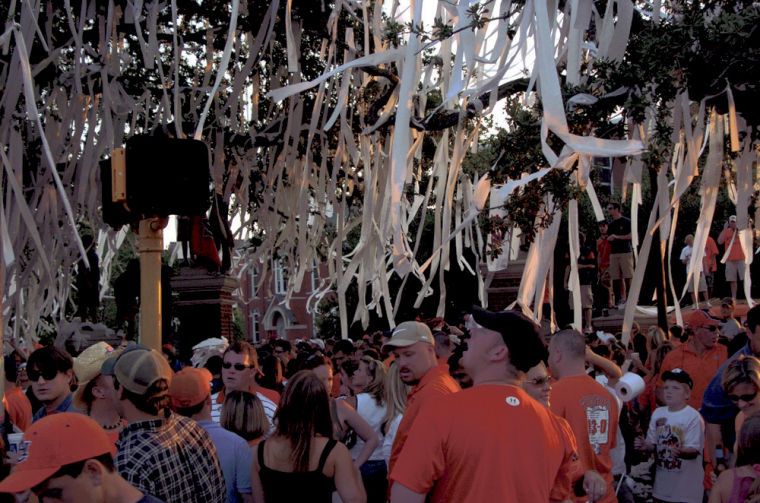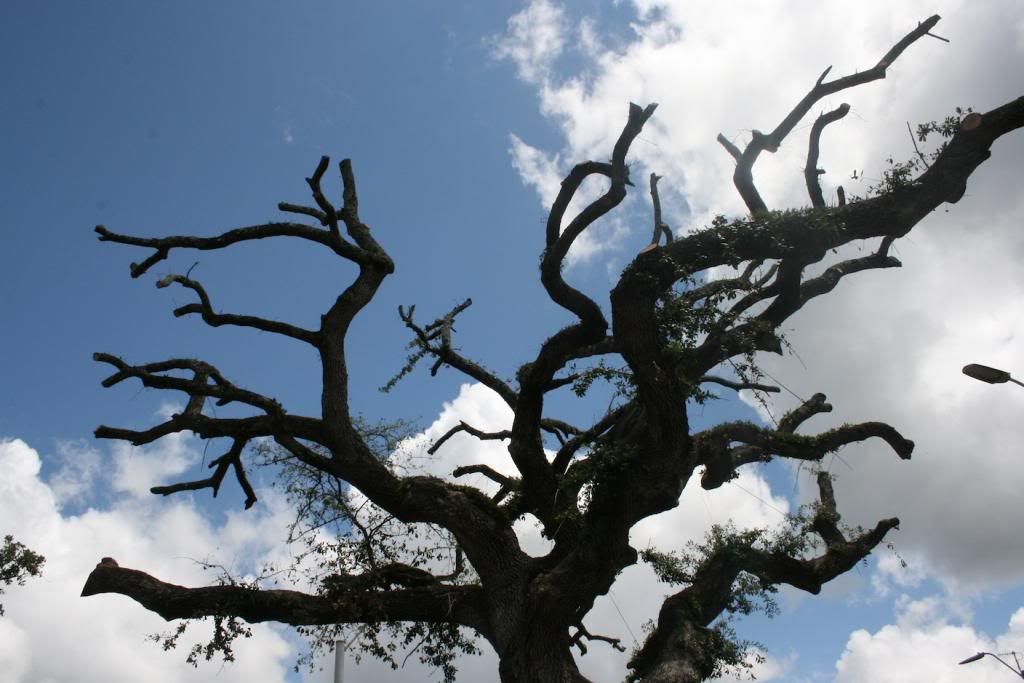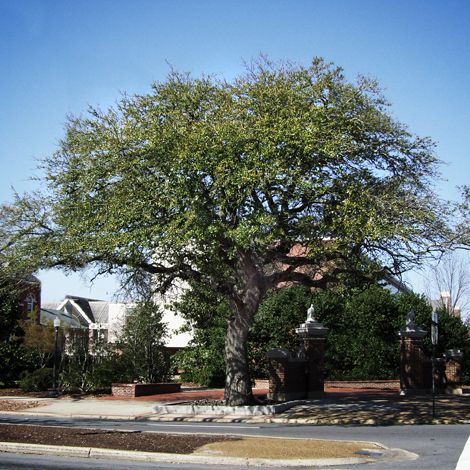
Originally the rolling Toomer tradition was solely reserved for football celebrations, but recently the
In January of 2011, a local radio show was alerted by a caller that he personally poisoned the two trees with Spike 80DF, which is a very potent herbicide, some were worried about not only the trees themselves but the potential effects the herbicide had on the Auburn water supply as well. This tree poisoning garnered national attention when it was featured in the ESPN 30 for 30 documentary "Roll Tide/War Eagle" diving deep into the heated Alabama/Auburn football rivalry. The caller to the Paul Finebaum Radio Network identified himself as "Al from Dadeville."
 After investigation, the Auburn police took Harvey Updyke Jr, a resident of Dadeville, Alabama (and controversially a life long Alabama Crimson Tide fan) into custody and was charged with class C criminal mischief which classifies as a felony in the state of Alabama. He could face up to 5 years in prison for the poisoning of the trees, on top of the two he has already served.
After investigation, the Auburn police took Harvey Updyke Jr, a resident of Dadeville, Alabama (and controversially a life long Alabama Crimson Tide fan) into custody and was charged with class C criminal mischief which classifies as a felony in the state of Alabama. He could face up to 5 years in prison for the poisoning of the trees, on top of the two he has already served. Despite efforts to save the trees, it came out that the trees could not be saved and had to be cut down. After being cut down on April 23rd, the Oaks have been made into several different mementos available for purchase commemorating the history of the trees, with all proceeds going towards a a specialized scholarship fund.
- Josh Gamez
@itsjoshgamez
